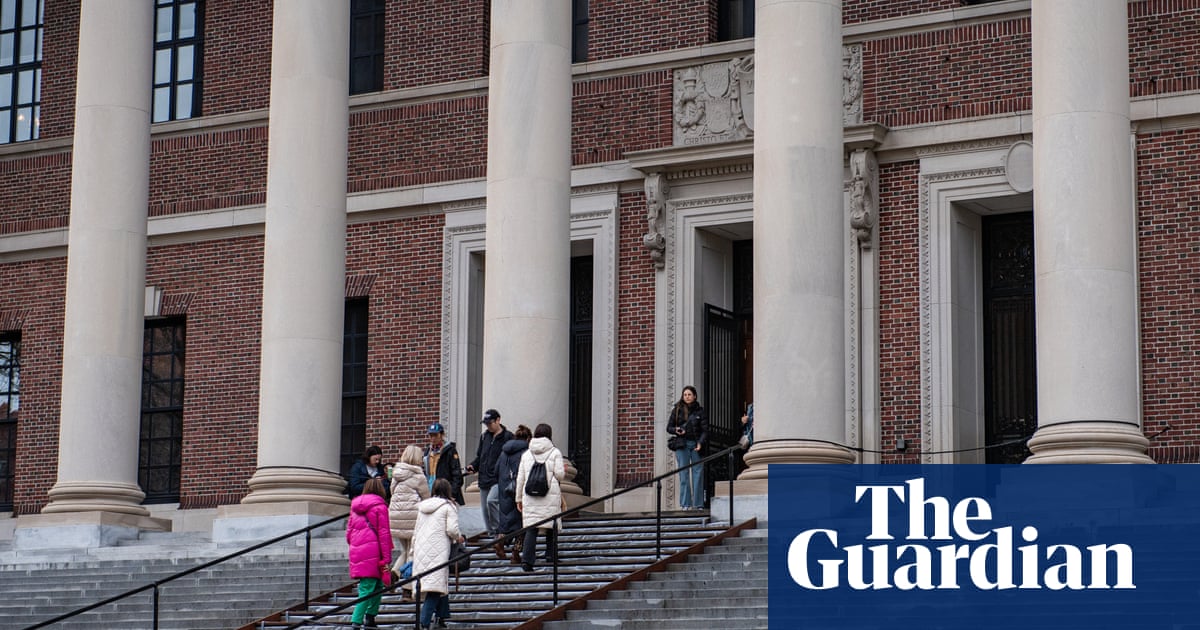Governor Kathy Hochul recently rallied in Brooklyn against significant cuts to federal healthcare. These cuts come from a budget bill passed by the Republican-controlled House, which Hochul and others call the “One Big Ugly Bill.”
This legislation aims to decrease funding for Medicaid and the Essential Plan, potentially costing New York’s healthcare system $13.5 billion annually, according to the state Department of Health. Hochul warns that up to 1.5 million New Yorkers could lose their health insurance, which would have serious impacts on hospitals and clinics across the state.
Hochul expressed frustration about the bill, claiming it could endanger the lives of many vulnerable people. “We’re at war to protect our people,” she said, criticizing what she perceives as harmful budget priorities that favor the wealthy over necessary healthcare services.
The bill would significantly diminish support for the Essential Plan and tighten Medicaid requirements, introducing new administrative burdens that could make accessing care even harder. Healthcare workers at the rally echoed these concerns, emphasizing that many hospitals rely heavily on Medicaid funding to operate.
Michelle Ned, an employee at Interfaith Medical Center, highlighted that 95% of their emergency room patients are on Medicaid or Medicare. She stressed the urgent need for these funds, saying, “This is no time to joke. We need Medicare funds and we need it now.”
Dr. Mitchell Katz, the CEO of NYC Health + Hospitals, warned that cuts to Medicaid could force public hospitals to limit specialty care services. He pointed out that without insurance coverage, many hospitals would struggle to sustain essential services.
Meanwhile, in a separate protest, Congressman Dan Goldman criticized Congresswoman Nicole Malliotakis for her support of the bill, arguing it goes against her previous promises to protect Medicaid. He stated that her vote could lead to nearly 52,000 Staten Islanders losing their health insurance.
This situation highlights an ongoing debate about healthcare funding and the consequences of federal budget decisions. According to a recent survey by the Kaiser Family Foundation, nearly 40% of Americans worry about losing their healthcare coverage. As this issue unfolds, the potential impact on individuals, families, and healthcare providers remains a pressing concern.
For more insights into the implications of these healthcare cuts, you can visit the Kaiser Family Foundation.






















Education
Why Utah’s Universities Should Prioritize Education Over Vocational Training: A Professor’s Perspective